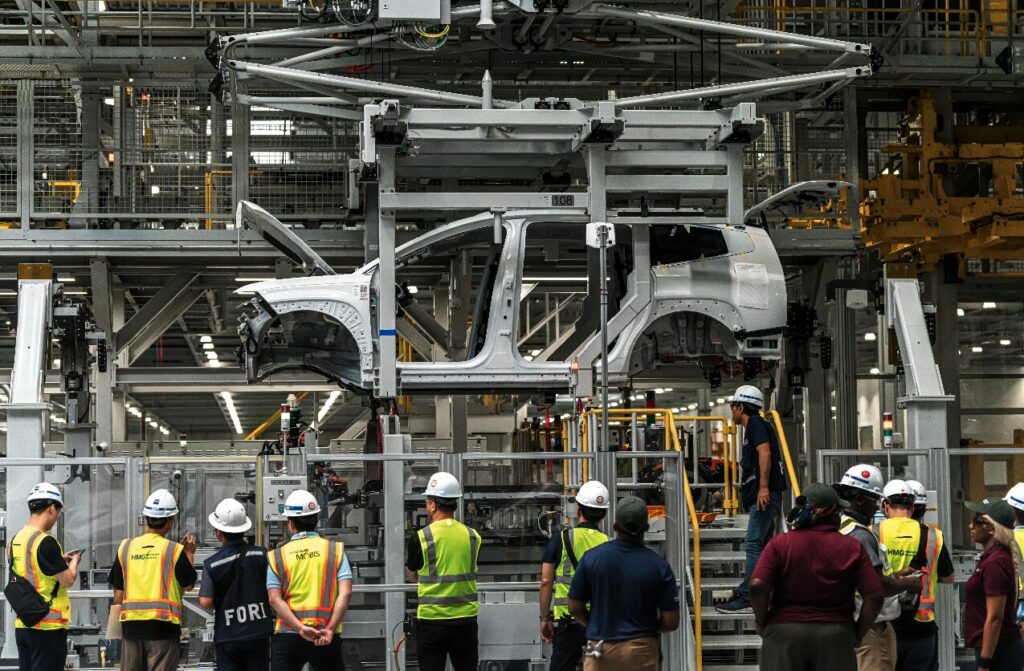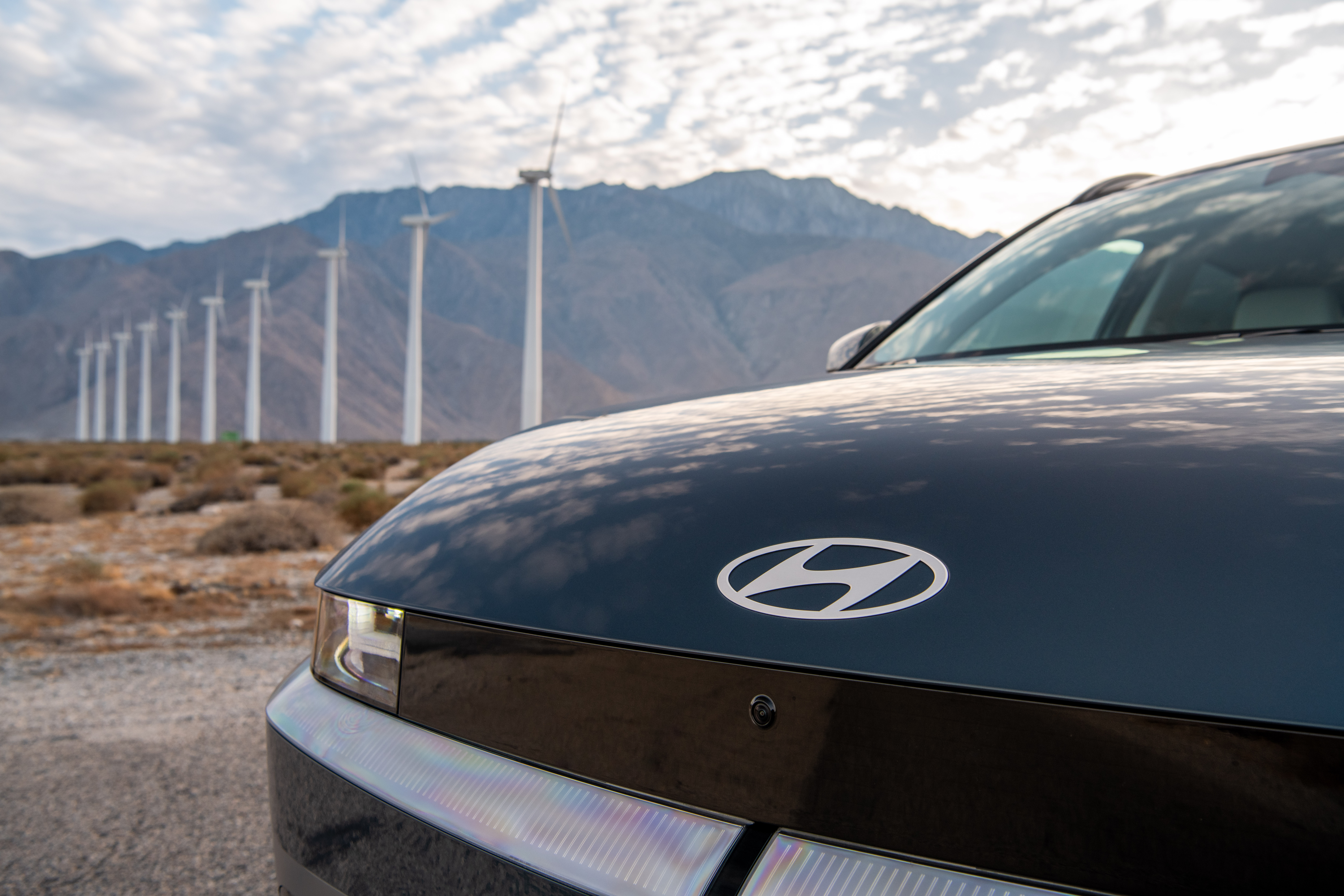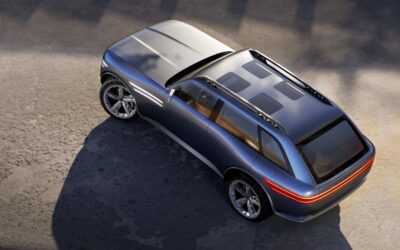Hyundai Motor Group has taken a decisive step to navigate the economic uncertainties posed by President Donald Trump’s new import tariffs. With a massive $21 billion investment in U.S.-based operations, the South Korean automotive giant is securing its foothold in the American market while sidestepping potential financial setbacks due to tariff impositions.
Hyundai’s Strategic Investment in the U.S.
The company officially announced its ambitious investment plan at the White House, unveiling a blueprint aimed at enhancing domestic production. Among the key projects in Hyundai’s investment portfolio is a $5.8 billion steel plant in Louisiana, expected to generate approximately 1,500 jobs. In total, Hyundai forecasts that its U.S. expansion will create 14,000 full-time positions by 2028, with the broader economic impact potentially generating over 100,000 jobs in related industries.
Boosting Electric Vehicle Production
Hyundai’s investment is not solely focused on steel manufacturing. A significant portion—about $9 billion—is dedicated to increasing vehicle output, particularly in the electric vehicle (EV) sector. The company aims to ramp up its annual production capacity to 1.2 million units. Hyundai’s latest ‘Metaplant’ in Georgia, which started operations in 2024, is currently producing facelifted IONIQ 5 models and is expected to manufacture five additional EVs across the Hyundai, Kia, and Genesis brands.
The steel plant in Louisiana will play a crucial role in this expansion, supplying advanced materials for Hyundai’s EV production lines in Alabama and Georgia. The move aligns with the company’s long-term vision of leading the global EV market while reinforcing its commitment to the U.S. economy.
Tariffs Driving Automakers Stateside
Trump’s latest round of tariffs, set to take effect on April 2, aims to protect American industries by imposing a 25% duty on imported steel and aluminum, as well as a wide range of products derived from these materials. The policy has prompted international automakers, including Hyundai, to shift production to the U.S. to mitigate the financial impact.

At the White House announcement, President Trump lauded Hyundai’s investment as a testament to the effectiveness of his administration’s trade policies.
“Hyundai will be building a brand-new steel plant in Louisiana that will produce more than 2.7 million metric tons of steel a year, creating over 1,400 jobs for American steelworkers,” Trump stated. “This investment is a clear demonstration that tariffs work very strongly.”
Hyundai, in turn, emphasized its commitment to deepening its partnership with the U.S. In an official statement, the company expressed its confidence in the American market and its workforce:
“Hyundai Motor Group is deepening its partnership with the United States, reinforcing our shared vision for American industrial leadership. The Group’s investment and efforts will further expand our operations in the U.S. and grow our American workforce.”
A Broader Trade and Manufacturing Shift
Hyundai’s strategic investment is part of a larger trend among global automakers adapting to changing trade dynamics. While Canada is pushing back against Trump’s auto tariffs and Mexico is opting for diplomacy, South Korea is taking a more proactive approach by expanding its U.S. footprint.
Beyond its own operations, Hyundai is also exploring collaborations with General Motors. Talks between the two automotive giants include the possibility of Hyundai producing a version of the Chevy Colorado pickup, while GM could leverage Hyundai-engineered electric vans to expand its EV lineup.
Final Thoughts: Hyundai’s U.S. Expansion Signals a New Era
Hyundai’s $21 billion commitment to the U.S. market is more than just a tactical maneuver to bypass tariffs—it’s a long-term bet on the strength and stability of American manufacturing. By securing a domestic supply chain and increasing EV production, Hyundai is positioning itself as a leader in the next generation of automotive innovation while contributing significantly to the U.S. economy. As trade policies continue to evolve, Hyundai’s move serves as a blueprint for other global manufacturers looking to maintain competitiveness in an increasingly complex economic landscape.





